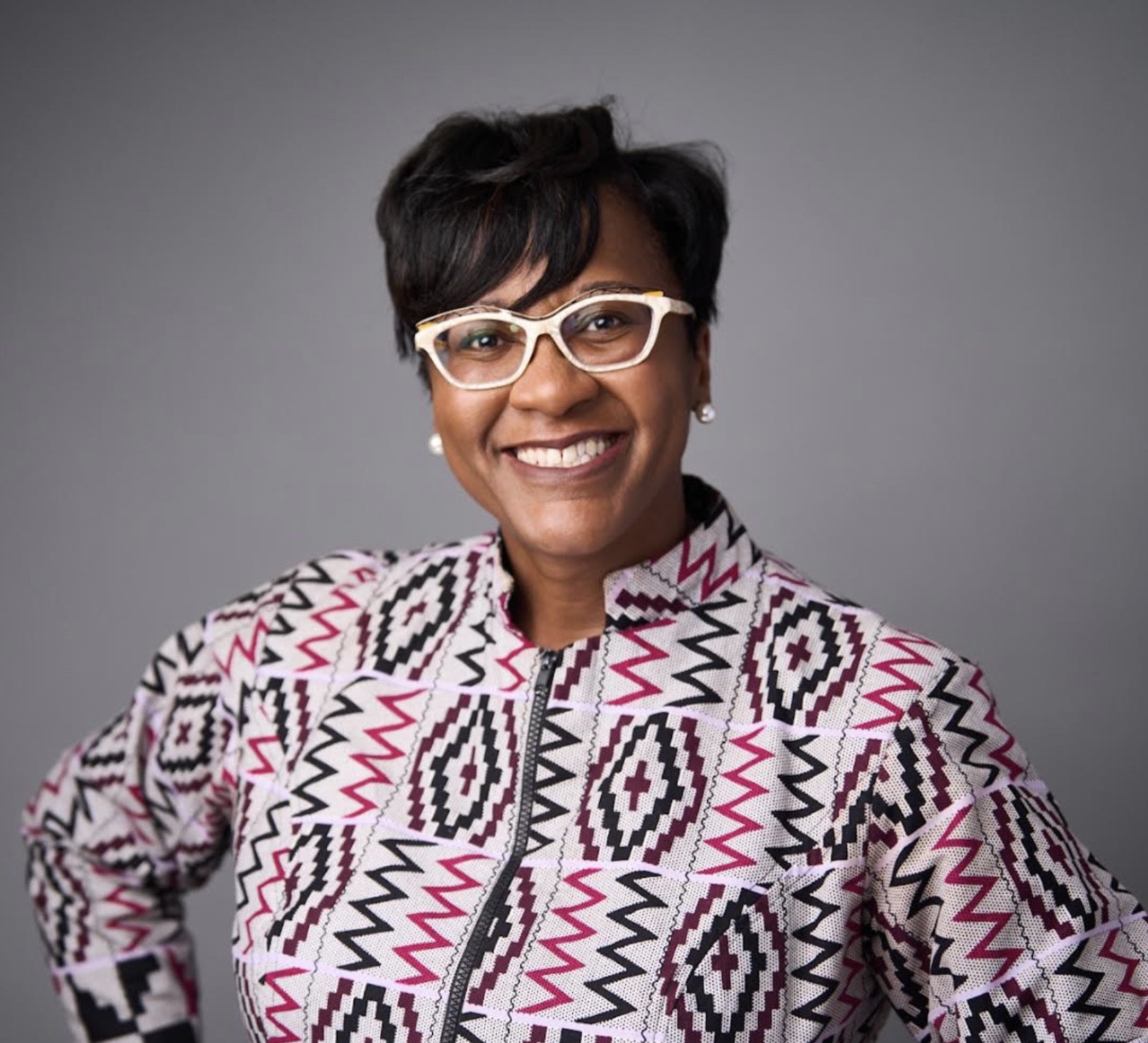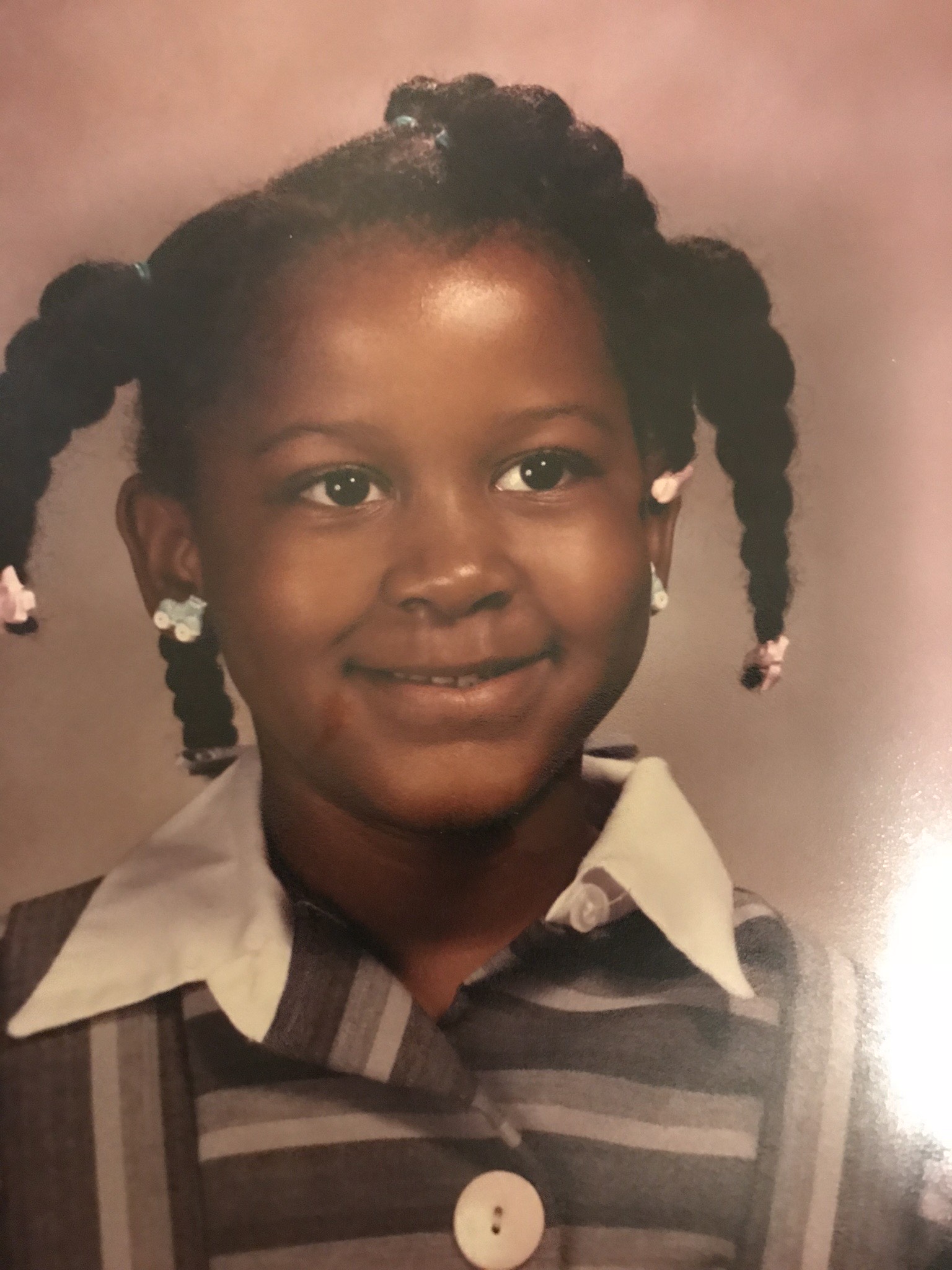Dr. Artika Tyner


Dr. Artika Tyner is committed to creating a world of inclusive leaders who will meet the pressing needs of today and work towards a better future where racial justice and economic justice reign supreme. As a motivational speaker, author and educator, Dr. Tyner helps people of all ages connect with their gifts and develop tangible tools for bringing forth sustainable, durable change in the family, workplace, community or school. By building and leveraging the tools in The Inclusive Leader she has inspired thousands of people to lead with their own gifts and plant a seed of social change.
Dr. Tyner’s work is grounded in extensive experience as a law and leadership professor, lawyer, social change agent, researcher and nonprofit founder and leader. She is well-known as a thought leader, author and designer of high-profile programs to drive organizational DEI initiatives and create inclusive leaders. Her impact spans Fortune 500 companies, start up tech companies, healthcare providers, government services and agencies, higher education institutions and grassroots organizations.
Dr. Tyner is deftly able to ask the big questions, strategically innovate real solutions and then lead the way. She intentionally invests her time and energy in inspiring change and welcomes opportunities to present, collaborate and innovate with key stakeholders seeking to impact social change and do what no one has done before.
As a young girl or teenager, what profession interested you and why?
As a young girl or a teenager, the profession that interested me the most was becoming a high school English teacher, just like my favorite teacher Mrs. Hoag, because I had a love for reading, a love for writing, and just naturally my curiosity led me to books.
Describe an experience that shaped or changed your dreams for the future.
That would definitely be my understanding of the law. I believe the law is a language of power. I became very intentional on my pathway of becoming an attorney because I felt like in my community, oftentimes a law had power over us versus power with us. So I wanted to reclaim that power to fight for the rights of my community.
For background and context, I am a fifth-generation native of the Rondo community. We were directly impacted in 1956 with the Federal Highway and Interstate process emerging which led to displacement, disruption, and loss of economic power. So for me, understanding how laws and policies can impact communities in a negative way led me to pursue a career in law to reclaim back that power and to be able to advocate for communities like ours to rebuild and restore our communities. It was just that. It was the possibility of what I could create, what I could build, and how I could be impactful with the law.
What is one of the most rewarding aspects of your profession?
As a civil rights attorney, it was about helping people gain knowledge about their rights and fighting for their rights and fighting for justice.
Describe an accomplishment that you are very proud of and why
I’ve written 37 books. With each of those books, I get a glimpse into Black history, culture, and heritage which helps us to celebrate, gain a deeper understanding of some of those unsung heroes like Sarah Evans for instance, who was able to help the fight to end segregation on busses. So before Rosa Parks, before Claudette Colvin, there was Sarah Keys Evans.
In addition, one other person that’s inspired my work who I recently wrote about is Biddy Mason. Biddy Mason was an entrepreneur. She was a real estate investor. And she owned much of the prime real estate in central Los Angeles. What’s unique about that? She is also an African-American woman who was enslaved. Who fought for her freedom through the court system but didn’t give up in her own fight for justice. She made it collectively about others. That’s an African proverb, that sticks in a bundle are not easily broken. So she then helped to establish scholarships, helped to support her church, and so much more. So those stories of being able to share about everyday people who decide to be those ordinary people who have an extraordinary impact in the world.
What has been instrumental to your professional success?
I think it’s really the enthusiasm behind my work. When work doesn’t feel like work at all, but feels like a journey. A vocational journey of learning, of growth, of living out faith and purpose, you can’t help but to be excited. And it definitely leads to success.
What is a personal (outside of work) accomplishment that you are proud of?
I’m proud of my work directly in the community. I created a nonprofit organization, Planting People Growing Justice Leadership Institute as an opportunity to help address some of the challenges related to illiteracy and the nation’s reading crisis. I’m proud of this work because I teach my students “when you see a problem, you create a solution.” And I did just that. A group of my friends gathered in my living room and we started laying the blueprint. This was seven years ago. For the organization that we helped to create and still run today, Planting People Growing Justice Leadership Institute.
Why do you support the Ann Bancroft Foundation? In your experience, what value does ABF offer girls across Minnesota?
I support the Ann Bancroft Foundation because I know that investing in girls is investing in the future. It means then that we can lead in our homes and in our communities, but more importantly, transform the world. And through the Ann Bancroft Foundation, develop those leadership skills that we need to accomplish those goals. So when I think about my experience, what value does the Ann Bancroft Foundation offer girls in Minnesota? I’ve had the unique opportunity to mentor some of the young women that have participated in ABF. I know it gives confidence. I know it helps to affirm your ability to create change. But more importantly, it connects you with a network of other women changemakers. Because we’re stronger together than we are apart.
ABF grantees are encouraged to create and strengthen connections within their community. What connections have been most significant in your work?
It’s been the possibility of connecting with other change agents. To be able to say “can I connect with someone who’s an artist? Can I connect with someone who’s a future engineer?” Because as we bring our skill sets together, those gifts and talents through our interdisciplinary approach, I got a hunch that we will have all the tools we need to make the world a better place.
What advice, personal and/or professional, would you give to past, present, and future ABF grantees?
To the past grantees, I would tell you to remember the lessons that you’ve learned over your journey with ABF, through your educational journey, and also through your volunteerism in the community. And by learning those lessons and reflecting upon them, you get to see some milestones. What are some things that you achieved? Because you’ll need that motivation to achieve the next level of your goals and to be even more impactful.
For the present ABF grantees, this is for you. I want you to lean in. Lean into those things that may seem a little too difficult, may seem complicated, because that’s where the learning can happen. And for the future ABF grantees, I want to give you the invitation to dream big. Have a dream and a hope, and I’m going to bring in a quote here from the former president of Liberia, Ellen Sirleaf Johnson. She gave us this notion that if our dreams are not big enough to scare us, they’re not big enough. So I want you to dream big. Think about those things that look impossible. And move towards those goals. And I know that this is important because of my own personal journey. My life was pretty much a one mile radius in the Rondo community. But I’ve been blessed with the opportunity to live and work around the world and be a global citizen. And how is this possible? Because I had to imagine well in advance what the future would look like for me. And I helped then to take the steps to move myself closer to make that dream possible.
Lastly, why should others join the ABF PowHER Partners this October and support this campaign?
Because when you support a campaign like PowHER Partners this October, you’re investing in the young Dr. Tyner. You’re helping to create those opportunities to learn, grow, and lead. And with that investment, it’s better than the investments that you’re going to find at the bank or portfolio because it will yield a residual benefit as a young woman gaining confidence to realize the change she’s been waiting for lies within. So thank you for investing in the future.

Sign Up Give Now